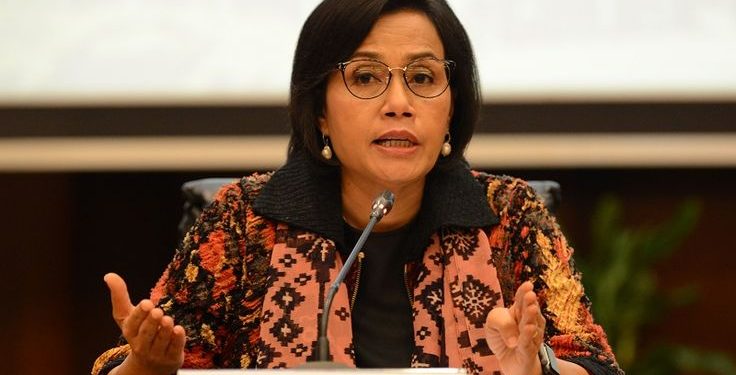Jakarta, Indonesia Sentinel — Indonesia government has announced plans to implement a 12% value-added tax (VAT) starting in 2025. The government ensures that essential goods would be exempted, while the VAT 12% increase will be targeting luxury and premium goods and services.
Coordinating Minister for Economic Affairs Airlangga Hartarto made the announcement during a press conference on the Economic Stimulus Package for Welfare at the Coordinating Ministry for Economic Affairs building in Jakarta on Monday, December 16, 2024.
“According to the set schedule, the VAT rate will increase to 12% starting January 1 next year,” Hartarto said, as reported by Kompas.
Premium Goods and Services Targeted
Finance Minister (Kemenkeu) Sri Mulyani Indrawati explainde during the event, that the 12% VAT will specifically apply to luxury goods and services.
The list includes premium food items, such as high-end beef cuts like Wagyu and Kobe, which can cost over Rp2.5 million to Rp3 million (approximately $160 to $192) per kilogram.
Other sectors affected by the tax hike include premium education services, high-end medical care, and households electricity consuming between 3,500 and 6,600 volt-amperes.
“We will focus on identifying goods and services that clearly fall into the premium category,” Sri Mulyani said during the press conference.
Goods and Services to Face 12% VAT
According to Kompas, luxury goods and services subject to the 12% VAT starting January 1, 2025, include:
- Premium rice
- High-end fruits
- Premium seafood, such as salmon, tuna, and king crab
- Premium beef, including Wagyu and Kobe
- VIP hospital services and other premium healthcare services
- High-cost international standard education
- Household electricity consumption between 3,600 and 6,600 VA
Sri Mulyani explained that the tax would primarily affect the top 10% of income earners, referred to as the 9th and 10th deciles in Indonesia’s Unified Social Welfare Database.
Suicide Suspected in Family Deaths Tied to Online Debts Pressures in Tangerang
“The lowest-income groups benefit from smaller or even exempted VAT rates,” she said, adding that this policy reflects a shift toward favoring lower-income communities. “This ensures the principles of mutual support and fairness are upheld,” Sri Mulyani stated.
The implementation of the 12% VAT will be regulated under forthcoming government decrees and ministerial regulations, which are expected to be finalized soon. As Indonesia is set to implement the new 12% VAT policy, government were ensuring that higher-income groups contribute more while protecting lower-income households.
(Raidi/Agung)


























